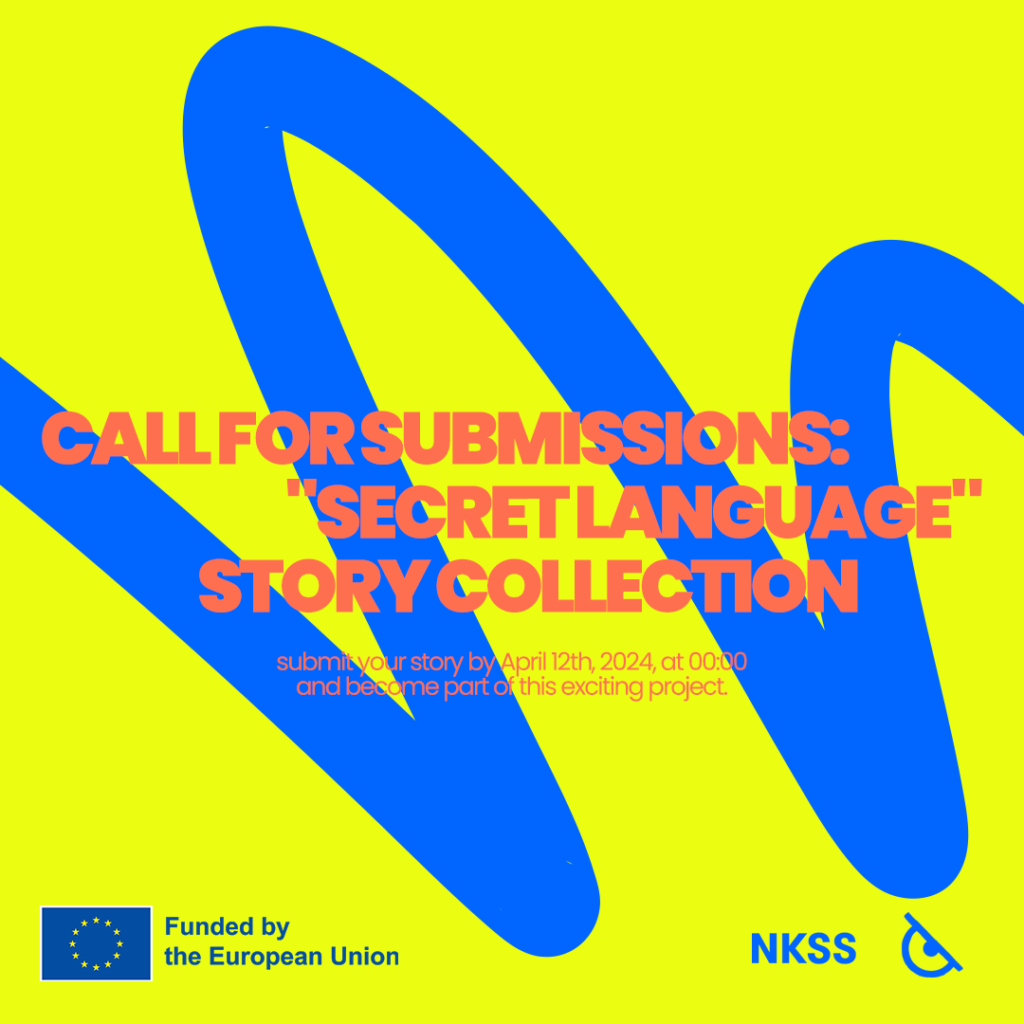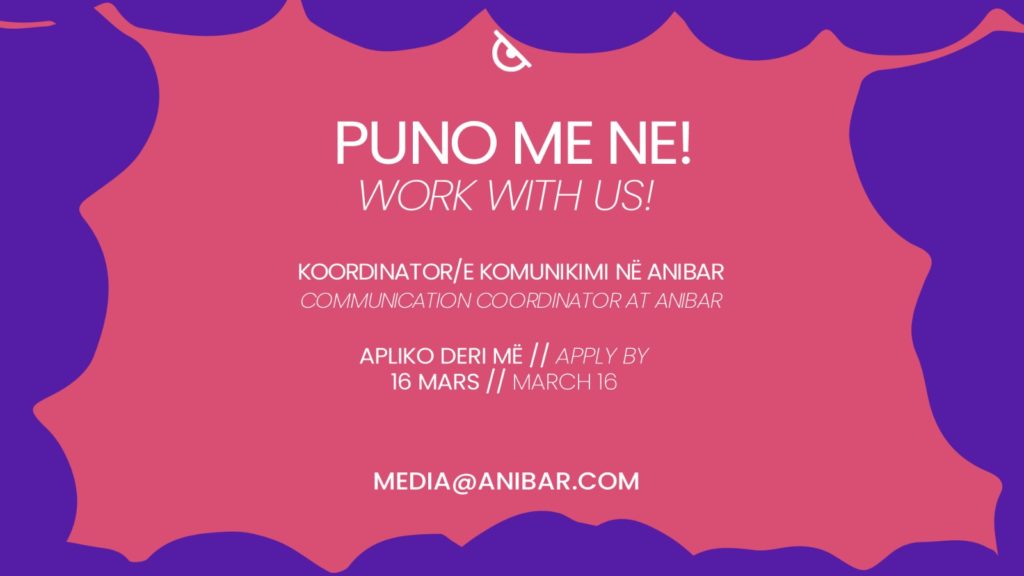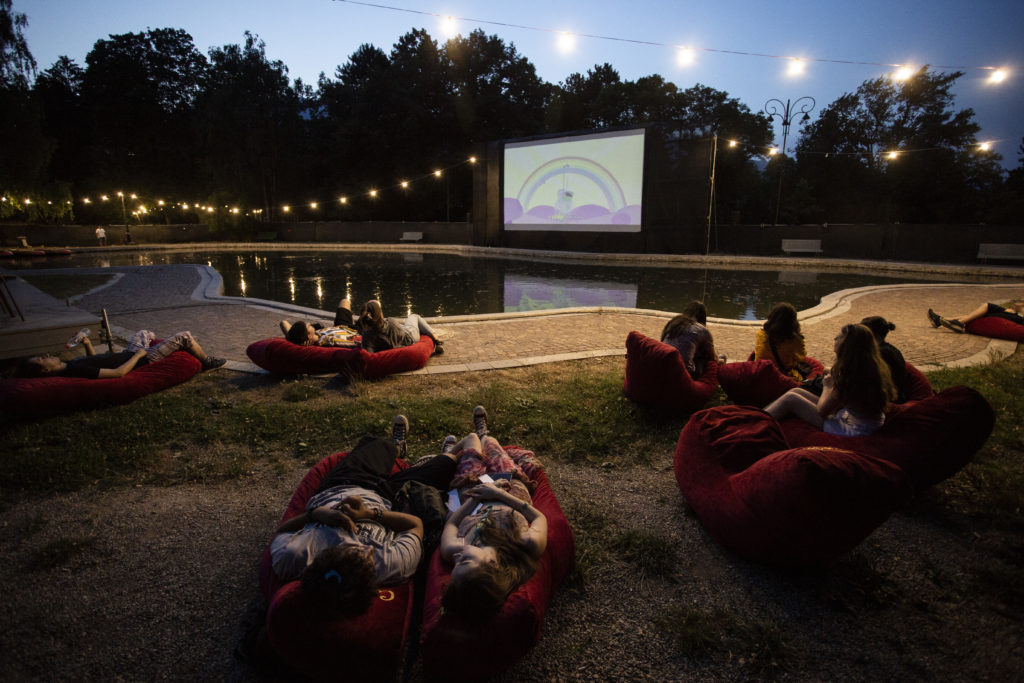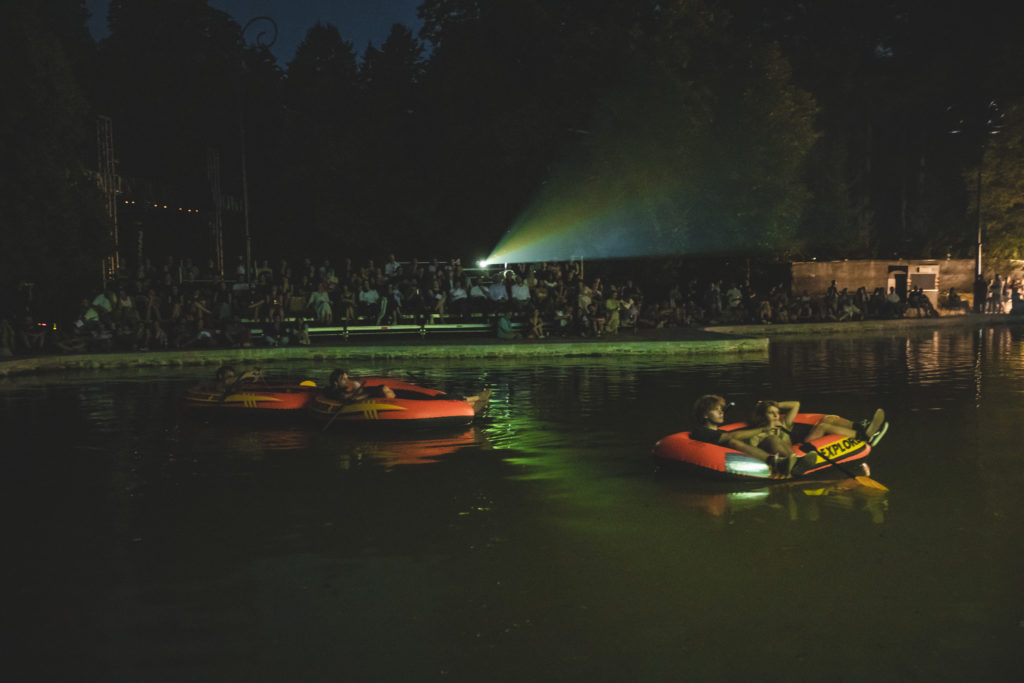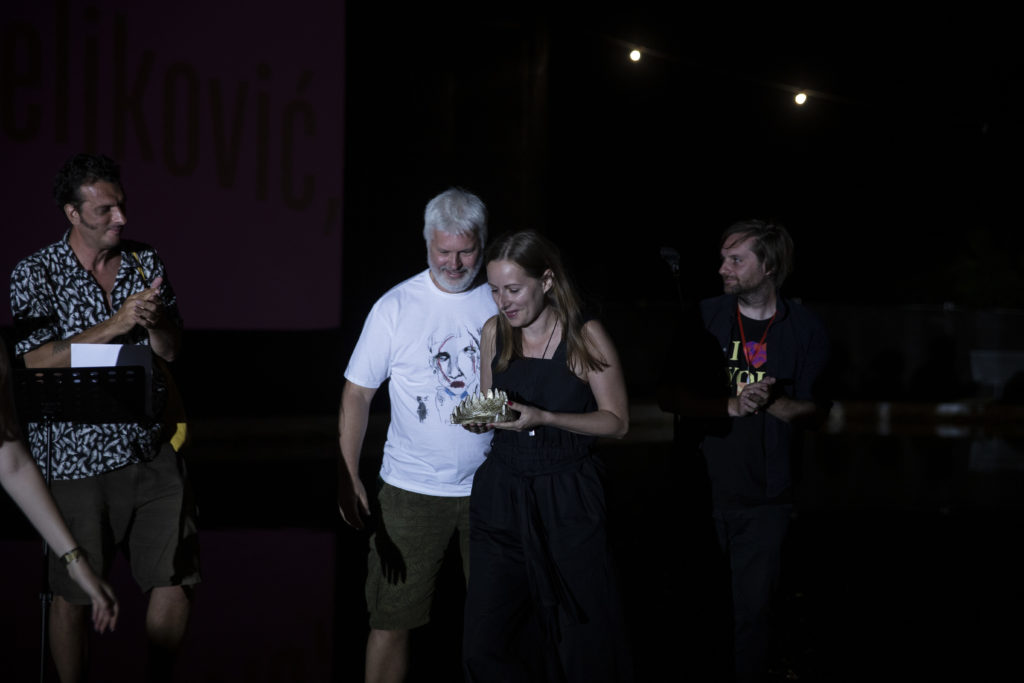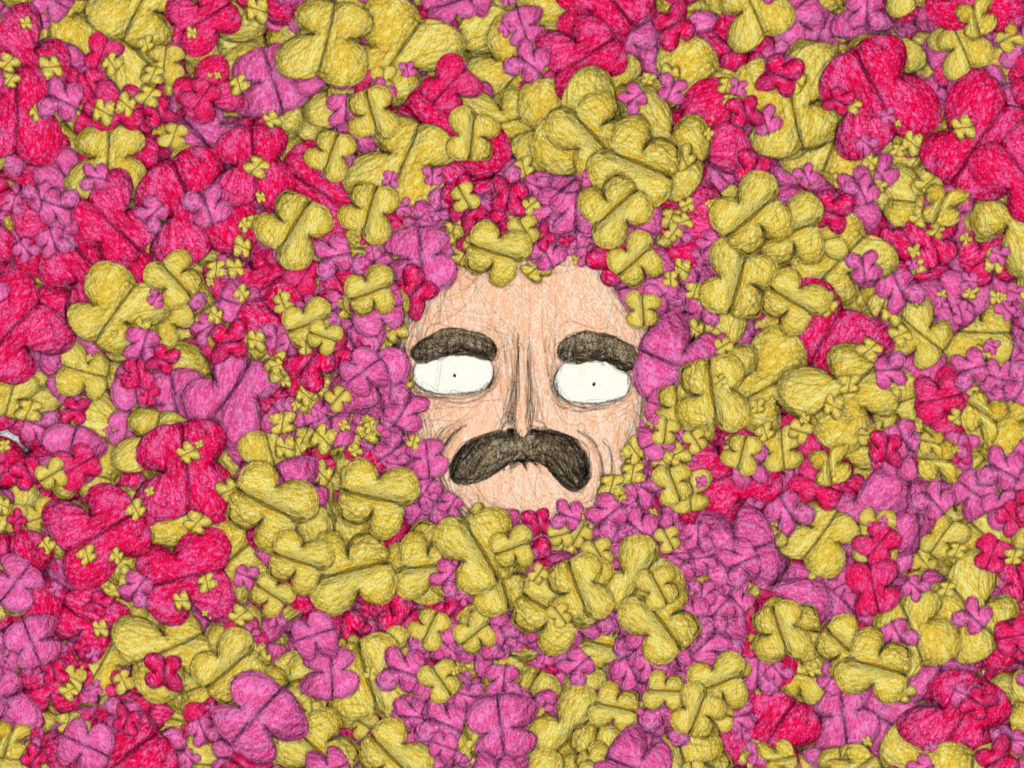Daniel Suljic: a non-obtrusive filmmaker
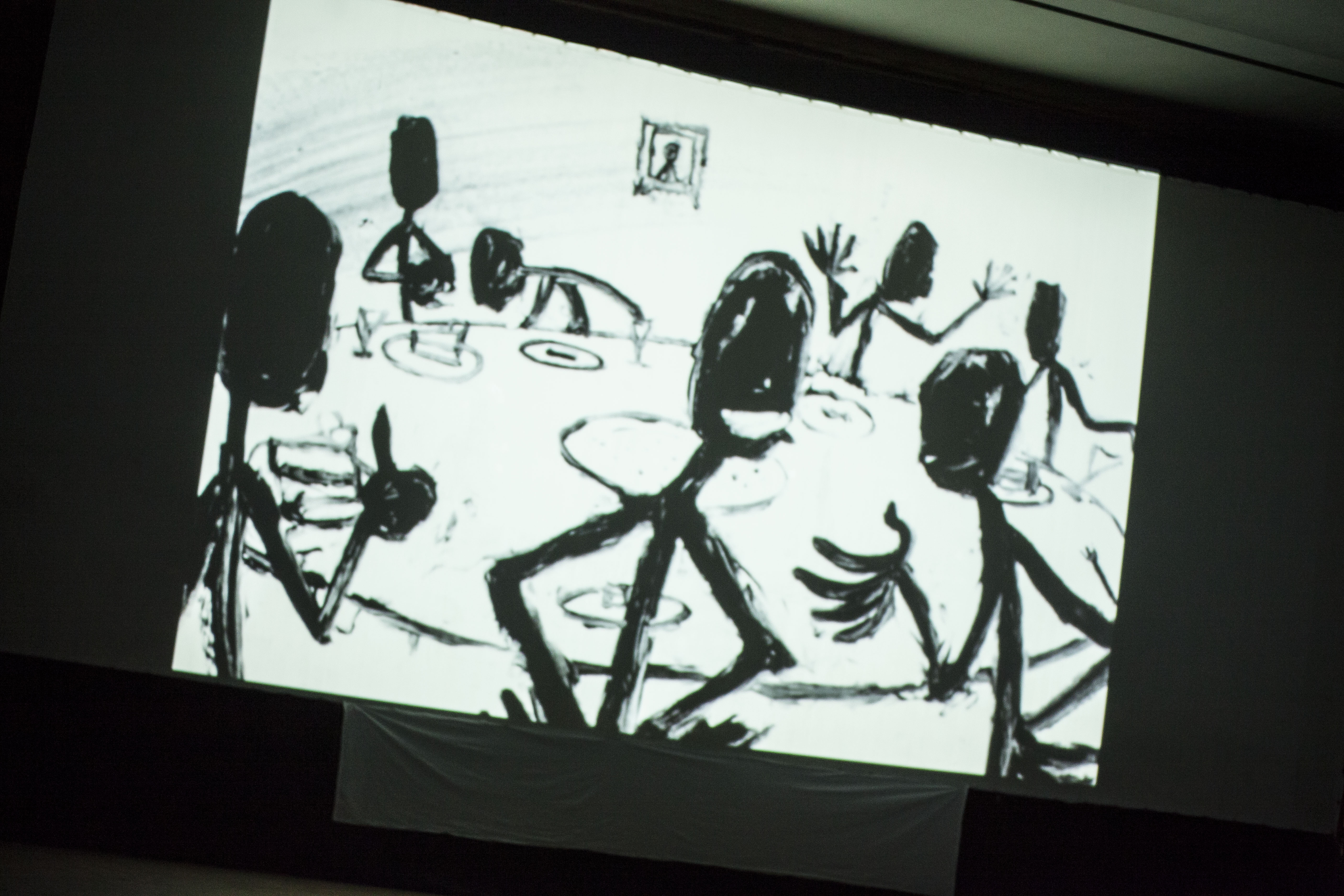
Era Qena
Daniel Šuljić is an animation film director and musician from Zagreb, Croatia. His films have a rough aesthetic and he seems to love switching up his styles. One of his most well-known film is The Cake (1997), a simple story of a group of people celebrating, until a cake is served and cut into unequal pieces. The path the story follows is extremely entertaining and unexpected, its visuals are memorable and overall it’s a stimulating experience. Besides being a film director and musician he is also the artistic director of Animafest World Festival of Animated Film (Zagreb) since 2011. Considering how all of his films have different styles and approaches, it was exciting to talk to the man behind all this diversity. Although he seems like a person who doesn’t talk much, he was actually willing to talk about everything while giving his insight and opinions in a non-obtrusive way.
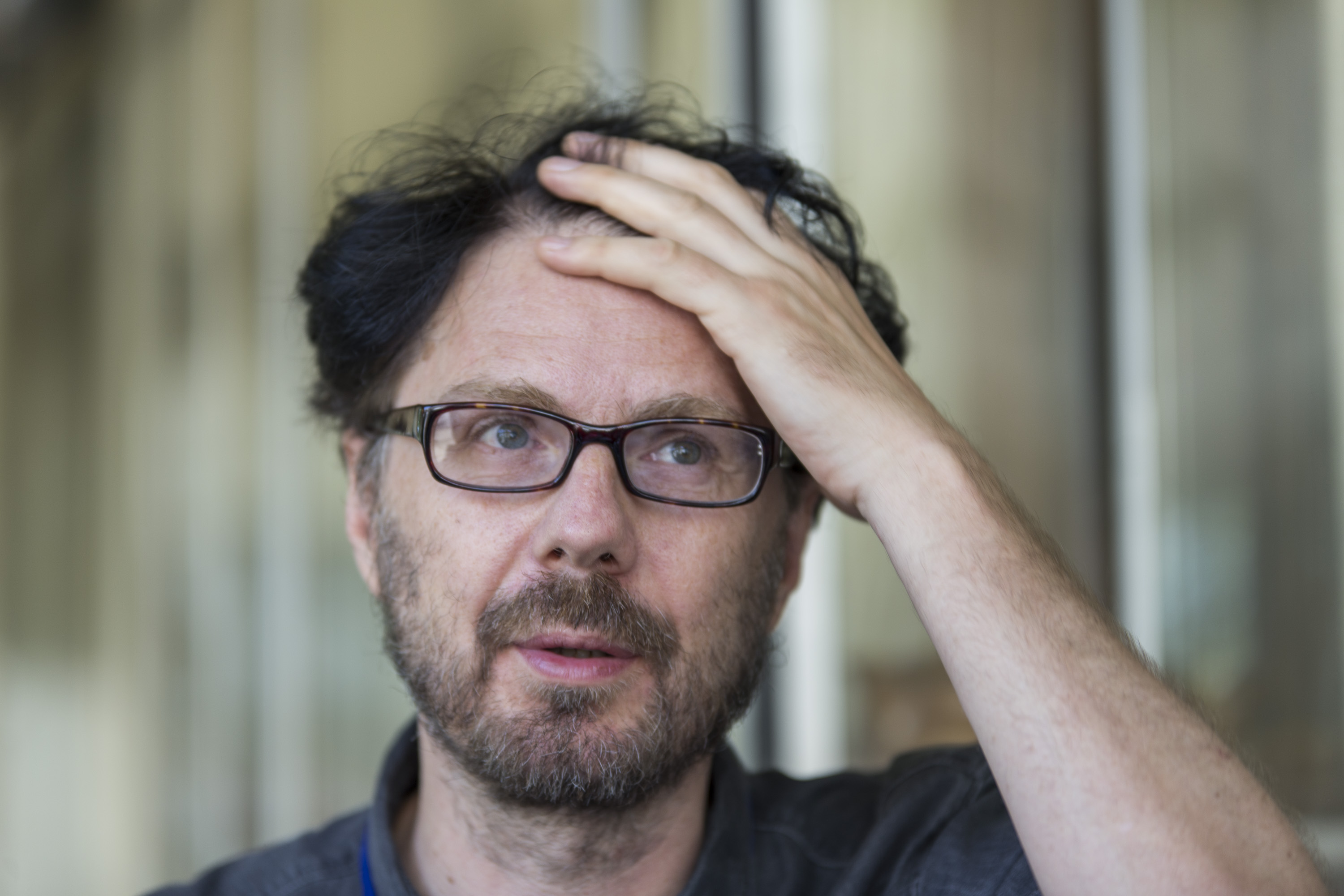
Era Qena
How did you get into animation?
Daniel Šuljić
I don’t know the answer because I think animation found me. When you just live, go to school, do whatever you do, see things and people around you, like firemen or doctors, at some point there is animation and I just liked it. Back then you could find a lot of artistic animation on national TV which had much better programming than television today, even if there were just few channels. Out of all these initial scenarios, I saw animation and liked it a lot. And when I was 14 I attended Animafest Zagreb by myself and watching all these films and filmmakers impressed me a lot.
EQ
That was probably a life changing experience.
DS
I guess… Maybe I didn’t realize it back then because I always considered myself more of a musician. When I was a teenager I saw animation as something created by gods and semi-gods, it wasn’t like today where you can do it easily by yourself. Back then you had to go to some studio, use their cameras and film equipment. It just didn’t appear to me as something which I can access. I thought that this is the way: great masters do this, and I – a 16 or 17 years old – admire the things they do.
EQ
So how did you become animator despite such an attitude in the beginning?
DS
I liked drawing and I ended up in an artistic middle school. At one workshop I took first steps into animation, found one book which I liked a lot and from which I learned a lot. Then I had the move to Vienna and at one animation studio there, they said: “OK, here’s the equipment. Just do whatever you want.” So, why not?
EQ
How did you feel about this experience – was it fun or stressful? Did you feel like you can finally do something you were scared of before?
DS
No, no. I wasn’t scared, I just thought it’s out of my reach. I mean, young men and women have a certain security within them, nothing is a problem for them, they can try anything because why shouldn’t them…? So, I wasn’t scared of doing animation, rather took an “Oh, I’m just doing it” approach. After first exercises in animation you see things that are living and moving, and that’s exciting.
EQ
Is animation a tiring process?
DS
Ah, yes. You need a certain quality of your character as you have to be able to sit for months – ‘ages’ – on one project and just keep on doing it.
EQ
What about working with other people and comprises you have to make because of that?
DS
Yeah… You have to make some compromises. Not a lot since you’re not going to work with someone who thinks completely different from you. You are still the boss so… This person has to adapt to you. If they can’t adapt (which I’ve experienced few times) you just take in somebody else. But nobody can ever truly adapt since nobody can enter your head and see your vision. People do their best and sometimes it doesn’t work. For example it my Film with a girl, the girl character makes super sweet sounds and I hate it.
EQ
I thought it was kind of cute.
DS
Yes, it was kind of cute but I didn’t want to have it cute. I wanted to have it rough.
EQ
How do you feel about your style constantly changing? After watching your films made in different periods of time, people might say it wasn’t the same person who made them.
DS
It is a bit of a problem for a career because people have to constantly keep on recognizing you. Immediately recognizable style helps in the beginning of the career a lot. But I don’t care either way, this is just me. I don’t even have one style of the music I play.
EQ
So you constantly just switch styles in everything you make.
DS
Yeah, it’s me. I can’t help it. Hm, maybe I could but I like it this way.
EQ
How does it feel to be an artistic director of the festival in your home city and coming to Anibar where you don’t have to deal with any of the ‘tough work’?
DS
Oh, it’s cool, it’s good. When you’re not responsible you just come to enjoy new and old friends, films, different programs, the atmosphere of the city. But, I’m also working at the same time. At the festivals I’m searching for interesting programs, ideas or people I can invite to Animafest.
EQ
Do you make your films with a specific meaning or message for the audience?
DS
My films are always made like that. I don’t start making a film without knowing what I want to say. In most cases, it’s about me noticing something that isn’t that good around us.
EQ
I like your film The Cake (1997) a lot. It was very interesting to hear from you at the presentation at Anibar that some people who saw it for the first time thought it was about war but it wasn’t supposed to be the subject.
DS
Yeah, it’s my most successful film. Things are happening around you at specific times. The film wouldn’t have been misinterpreted if it came out during a different time period.
EQ
You also mentioned that when you adapted the comic “Short Life” into an animation it became more serious that it was supposed to be. Does animation limit you in adapting from other medium?
DS
No, it doesn’t. It wasn’t a limitation. It was just a different approach between the comic and the animation. I think animation is the greatest art form of all because you have literature, paintings, drawings, music, storytelling meeting at one point. So it’s the closest art form to Gesamtkunstwerk. It basically means it’s everything merged into one art form.
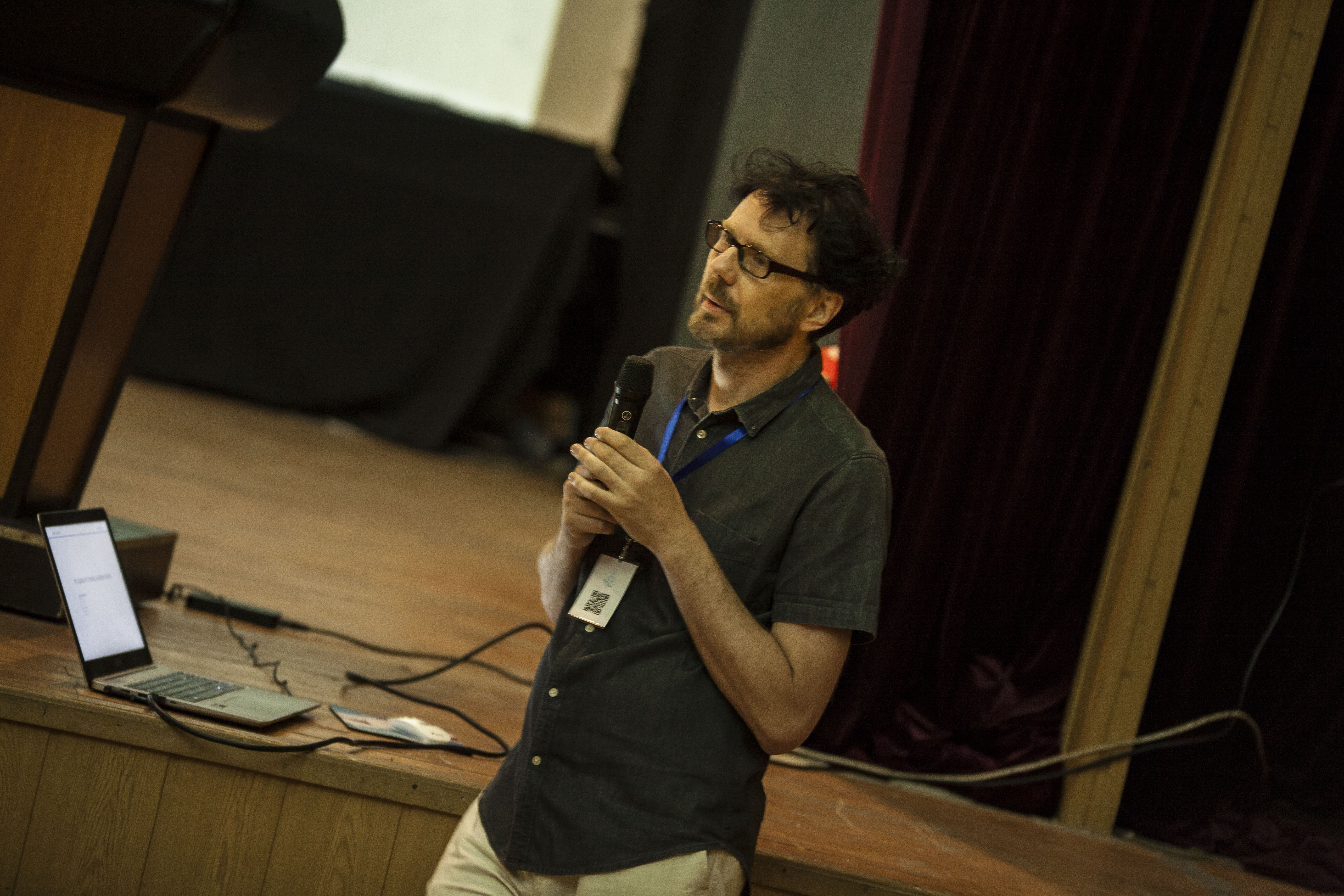
This article is an output of the Film Criticism and Journalism workshop which is being organized within the project “Development of animation culture between Western Balkans and Visegrad Group” implemented by Anibar and Civil Association for the Support of the Animated Film, Primanima Ltd.,Institute of Cultural Studies, Faculty of Humanities, Marie Curie-Skłodowska University in Lublin, The Academy of Performing Arts in Prague – Film and TV School – Department of Animated Film.
The project is co-financed by the Governments of Czechia, Hungary, Poland, and Slovakia through Visegrad Grants from International Visegrad Fund. The mission of the fund is to advance ideas for sustainable regional cooperation in Central Europe.
